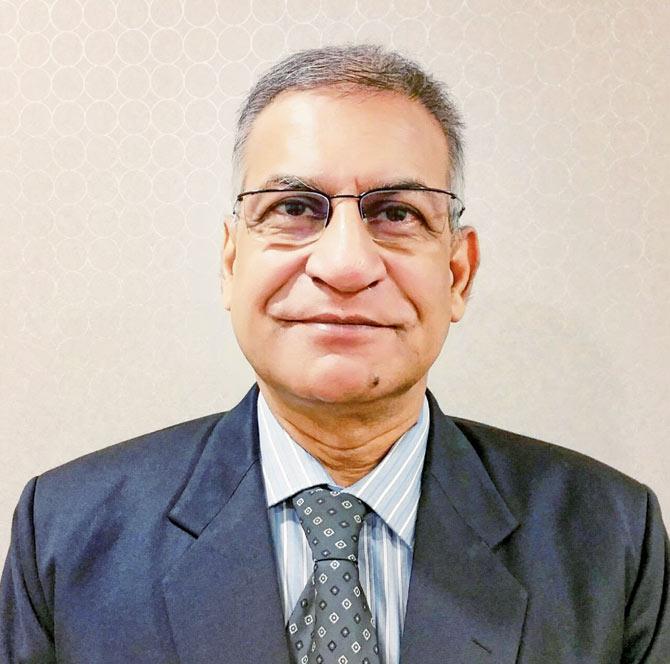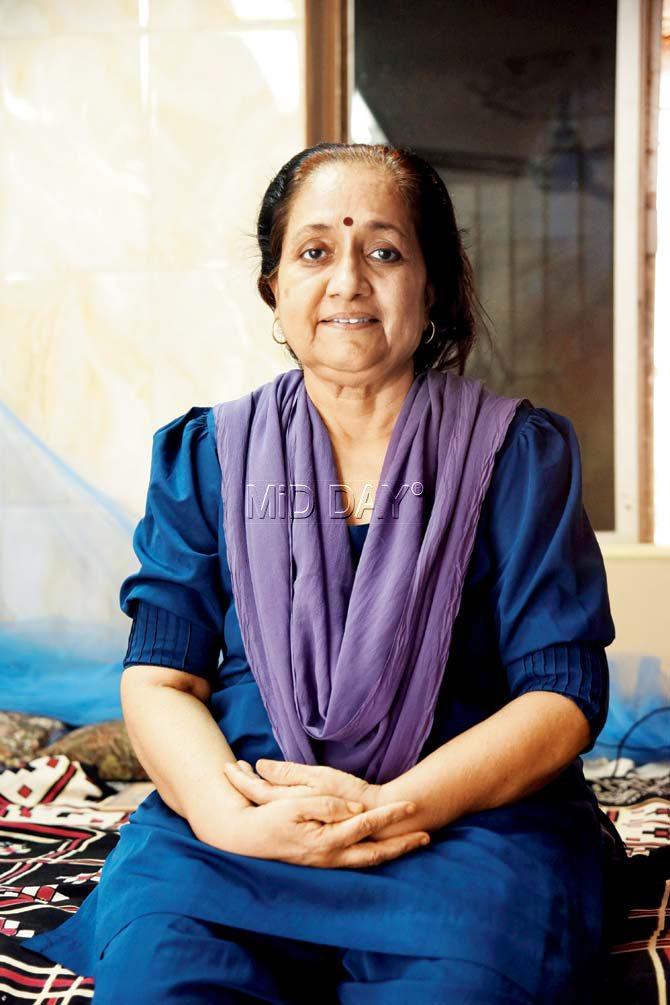Why would a patient want to stay awake to whirring surgical saws? Turns out it's a combination of trust and time


ADVERTISEMENT
In 2013, when Dr Anil Bhoraskar, a Mumbai-based diabetologist, had to undergo a knee replacement surgery, general anaesthesia was ruled out since his obesity and other prevailing medical conditions posed a risk. "The joint was distorted severely. Since the knee surgery couldn't be delayed any further, I decided to undergo a surgery with minimum risk to life. The safest anaesthesia was spinal or epidural. Because of the obesity, epidural too would carry certain risks, so we settled for spinal," he says.
What Dr Bhoraskar also chose to do, was remain awake i.e. in a full state of consciousness during the surgery. "Since the pain was considerably blunted, I was aware of what's going on in the operating theatre. I was in touch with the doctors and gave them instructions on how to control my diabetes, when to give saline or insulin. There was a level of satisfaction since there was no room for goof-up," he adds.
Besides, the inconvenience of general anesthesia was weeded out. The senior doctor was fit enough in two hours post-op to be present for a Skype conference with someone in Brussels.
Last week, The New York Times reported that an increasing number of patients — for reasons ranging from curiosity to fear of general anaesthesia — were choosing to remain conscious during surgery. While the numbers aren't yet close to a trend in India, there are those who choose to undergo surgical procedures with their eyes and ears open. And, surprisingly they haven't — at least not the ones we spoke to — been wheeled out traumatised.

Staying wide awake
General anaesthesia produces a drug-induced state where the patient will not respond to any stimuli, including pain. Local anaesthesia, on the other hand, involves the injection of local anaesthetic near the surgical site and is usually used for minor surgeries.
Regional anaesthesia includes "nerve blocks" and "spinal blocks". This is when local anaesthetic is injected in the vicinity of major nerve bundles that supply body to areas such as the thigh, ankle, forearm, hand or shoulder.
Procedural sedation is used for procedures where general anaesthesia is not required. It allows patients to tolerate procedures that may otherwise be uncomfortable or painful.
Conscious sedation is a medication-induced state that reduces the patient's level of consciousness. A sedated patient does not feel pain but can respond to verbal commands or touch.
 Sanjay Upadhye
Sanjay Upadhye
Dr Sanjay Upadhye, chief of anesthology and critical care at Asia Cancer Institute and consultant at Breach Candy and Raheja Fortis hospitals, says with local anesthesia, the harmful effects of general anesthesia are avoided.
I saw my leg dangling
Lengdon Phukan is a 29-year-old visual designer with a city firm. Having suffered severe rheumatoid arthritis, he underwent knee surgery at Vile Parle's Dr Balabhai Nanavati Hospital, where he was operated on by Dr Pradeep Bhosale, director of the joint and knee replacement department. Phukan's knees, says Dr Bhosale, were severely damaged.
Most knee replacement surgeries these days are conducted under regional anesthesia or with a nerve block administered to the femoral nerve — a nerve in the thigh that leads to sensation on the upper thigh and inner leg. The procedure takes about one-and-half hours. And, Phukan was awake all through. While he wasn't told that he had the option of taking sedation, he does say that there was a doctor who was communicating with him, casually making jokes. A screen was put, blocking Phukan's view of his lower limbs. "I did see my leg dangling weirdly. But at no point did I feel frazzled," he adds.
 Sheela Shinde, 65, who got underwent a knee replacement surgery last week without sedation at Vile Parle’s Nanavati Hospital. While Shinde didn’t opt for an awake surgery, she said aside from a slight pull at the skin below the abdomen, she didn’t feel anything. Pic/NIMESH DAVE
Sheela Shinde, 65, who got underwent a knee replacement surgery last week without sedation at Vile Parle’s Nanavati Hospital. While Shinde didn’t opt for an awake surgery, she said aside from a slight pull at the skin below the abdomen, she didn’t feel anything. Pic/NIMESH DAVE
Sheela Shinde, a Kandivli West resident, who was discharged last week after a surgery on both knees, recalls asking for Dr Bhosale in the OT. "When he said, hello, I told him that his presence made me feel better. There for four hours, I initially shut my eyes as I didn't want a view of the operating theatre," adds the 65-year-old. But, she doesn't recall any sensation from the room, aside from the skin below her abdomen being pulled.
Doctors on alert
Dr Upadhye says patients staying awake during surgery means doctors need to keep a check on how they react. "Loose talk needs to be avoided. You can't for instance, shout, 'Give me a sharper knife' or tell the assistant, 'you are not holding the retractor properly, where did you get your degree?' This unnerves the patient. When a patient is asleep, this kind of talk is routine. Now, the whole team must be conscious of the fact the patient can hear what you say," he adds.
Dr Roy Patankar, director of surgery at Chembur's Zen Hospital, recalls a case in Hong Kong in which a patient, who underwent a surgery while awake, suffered a perforation of the intestine — a technical complication. "He sued the hospital saying that the operating surgeon, at the time of the procedure, was on a call with his share broker. The patient even pulled out call records which proved him right. He won the lawsuit," Patankar adds.
Counseling the patient a day before the surgery and making them understand the pros and cons is also part for the course, says Dr Vivek Jawali, chief cardiothoracic and vascular surgeon and chairman of the department of cardio vascular sciences and chairman of the Medical Advisory Council of Fortis Hospitals. Dr Jawali has been conducting awake surgeries since 1999, taking their number to over 1,000. Mostly, it's foreigners who approach him for surgery without sedation. "Most Indians are scared of staying awake. In Mumbai, it's only four per cent," he says, adding that during such procedures, patients are given headphones with music to ensure they don't hear any external noise, like for instance, the whirring of machines. He adds that he also got a stray mention on Shonda Rhimes show, Grey's Anatomy when, dogged with how to conduct a complicated heart surgery, the team decided to ask him for tips. "They didn't mention my name, but a lot of friends called to inform me," he laughs.
 Subscribe today by clicking the link and stay updated with the latest news!" Click here!
Subscribe today by clicking the link and stay updated with the latest news!" Click here!







